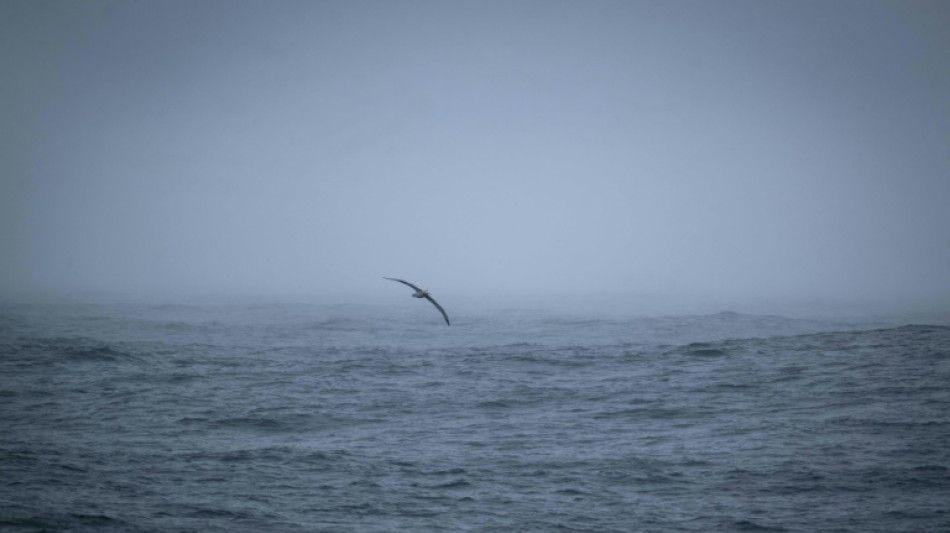
CMSD
0.0300


The Antarctic Ocean area covered by ice was the lowest on record for January, exposing Earth to even more planet-warming heat, scientists reported Wednesday.
Last month was also the third warmest January on record in Europe, with temperatures on New Year's Day reaching all-time highs on some parts of the continent, according to European Union's Copernicus climate monitor (C3S).
Melting sea ice has no discernible impact on sea levels because the ice is already in ocean water.
But it is problematic because it helps accelerate global warming.
When white sea ice -- which bounces up to 90 percent of the Sun's energy back into space -- is replaced by dark, unfrozen sea, the water absorbs a similar percentage of the Sun's heat instead.
Globally, last year was the fifth or sixth warmest on record despite the cooling influence of a natural La Nina weather pattern.
Europe clocked its hottest summer ever, which fuelled deadly droughts and wildfires on the continent.
Copernicus said Wednesday that much of Europe saw above-average temperatures last month, including the Balkans and eastern Europe "where New Year's Day experienced record warmth".
Elsewhere, warmer temperatures were also recorded in the eastern United States, Canada and Mexico, the monitor said.
"These extreme temperatures remain a tangible indication of the effects of a changing climate for many regions and can be understood as an additional warning of future extreme events," C3S deputy Samantha Burgess said in a statement.
"It is imperative for global and regional stakeholders to take swift action to mitigate the rise in global temperatures."
Siberia, Afghanistan, Pakistan and Australia however saw below-average temperatures, the monitor added.
Antarctic sea ice extent was 31 percent below average, and well below the previous record for January.
Below-average sea ice concentration was also seen in the Arctic, where it was four percent below average, Copernicus said, the third lowest for January.
X.Silva--TFWP